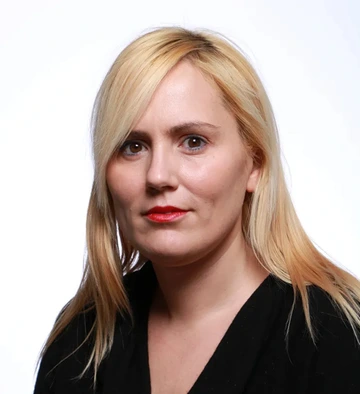When

SIE SEMINAR: Part I
Thursday, October, 3, 2024 - 2:00 p.m.
Valentina Lenarduzzi
Associate Professor
University of Oulu (Finland)
"The Dark Side Of Developing: Software Maintenance And Technical Debt"
ENGR 301

Abstract: Software is always evolving. On one side, companies need to keep on adding new features to maintain their competitive advantage. On the other side, companies need to maintain the software, fixing bugs and updating with new technologies, but also paying attention to security vulnerabilities. The lack of software maintenance could quickly turn the software obsolete provide a higher competitive advantage to competitors. However, software maintenance activities are usually assigned with a lower priority compared to new features. The reason is because maintenance activities do not return into immediate revenues. Therefore, developers commonly postpone maintenance, accumulating the so called Technical Debt (TD). Technical Debt (TD) is a metaphor from the economic domain that refers to different software maintenance activities that are postponed in favor of the development of new features to get short-term payoff.
Bio: Valentina Lenarduzzi is an associate professor (tenure track) at the University of Oulu (Finland). Her research activities are related to contemporary software development practices and methodologies, including data analysis in software engineering, software quality, software maintenance, and evolution, focusing on technical debt as well as code and architectural smells. She served as a program committee member of various international conferences (e.g., ICPC, ICSME, ESEM), and for various international journals (e.g., TSE, EMSE, JSS, IST) in the field of software engineering. She has been the program co-chair of OSS2021 and TechDebt2022, PROFES2023, QUATIC2023, SEAA2023, SCAM2024, and ESOCC2025. Moreover, she served as general co-chair of SANER2024. Dr. Lenarduzzi is recognized by the Journal of Systems and Software (JSS) as one of the most active SE researchers in top-quality journals in the period 2013 to 2020.
